“Only when I love or am loved do I feel alive. And the best, most wonderful, most pleasant things in life appear to me at that moment. Without love, I am like a soap bubble that easily bursts, or like a weed swaying in the wind.” French screen legend Brigitte Bardot wrote in her memoir Initiales BB…
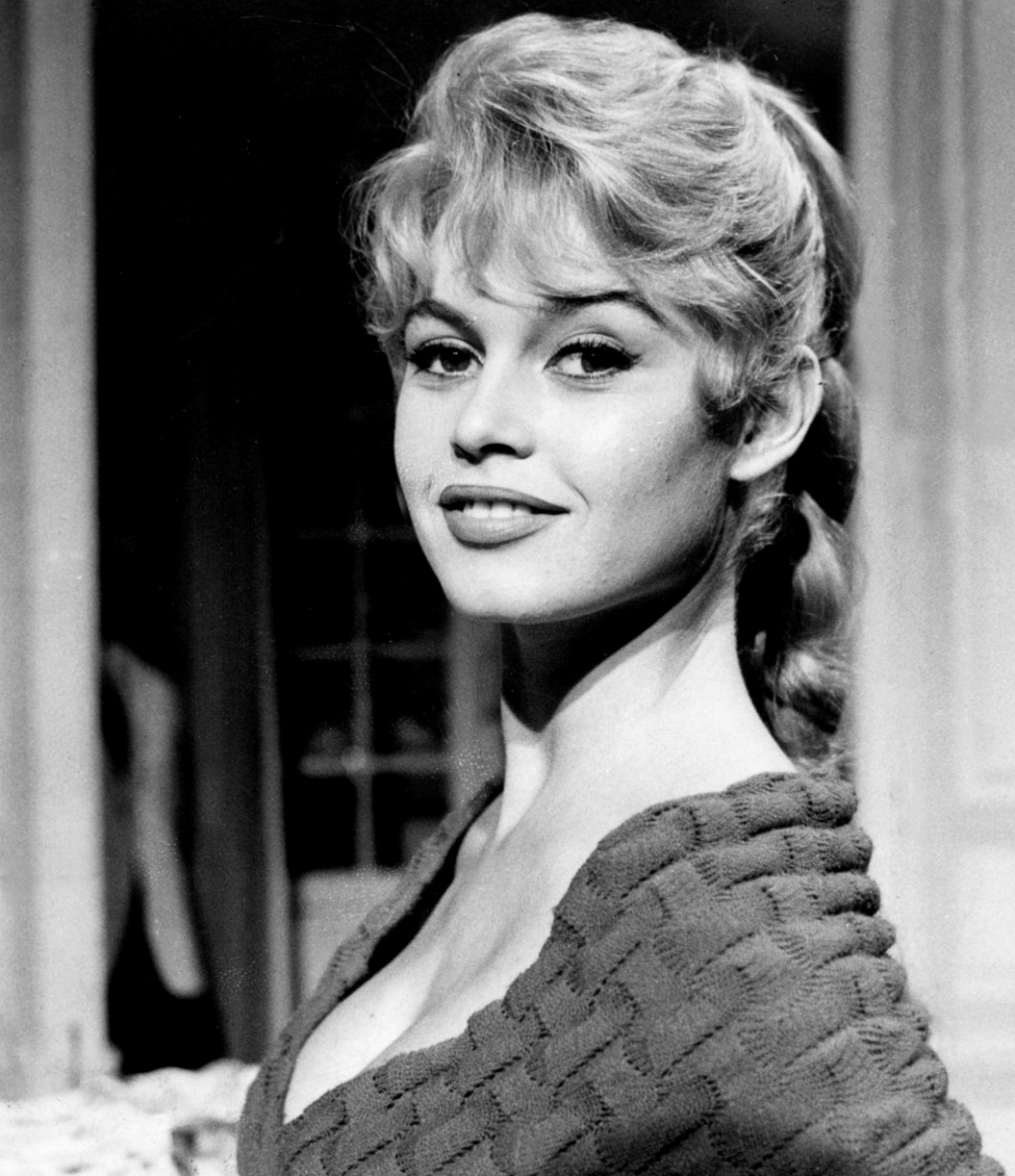
Indeed. Brigitte Bardot was born on September 28, 1934. At the age of 16, she had a “fate” with cinema, and in 1952 she stepped in front of the camera and quickly became famous, becoming the symbol of New French Cinema – a more liberal, more open and also more sensitive cinema. Bardot was quickly recognized as a sex symbol, becoming the first person chosen to model for the bust named Marianna – the symbol of France. Her photos always appeared in newspapers. Paparazzi and reporters were always on her heels. Her private life really stimulated the interest and curiosity of millions of people. However, without love, she did not want to contact anyone, including colleagues, directors, journalists, and photojournalists. Let me tell you about the 5 men who passed through her life…
Director, screenwriter Roger Vadim
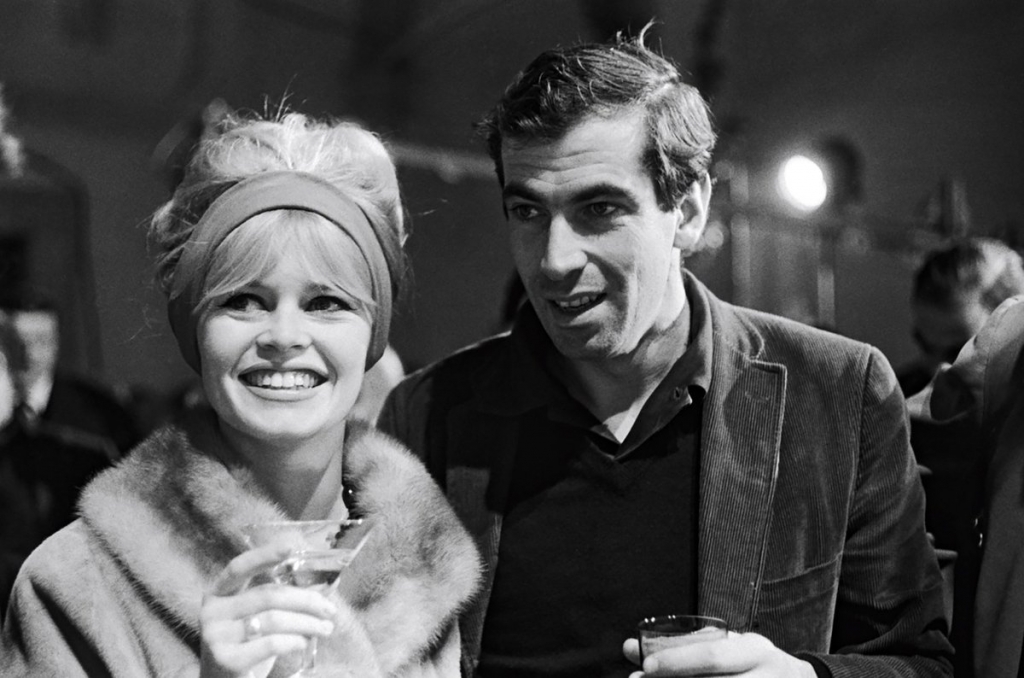
“Vadim didn’t say a word; he stared at me—half threatening, half tender—and I completely lost control of myself…” Bardot recalled her first impression of Roger Vadim this way.
The two met by chance when she was just 16. At the time, Bardot’s photo had appeared in ELLE magazine, and the famous French director Marc Allégret wanted to meet her. Roger Vadim (whose real name was Vidim Plemannikov), the son of a Russian émigré, was Allégret’s assistant. Bardot’s parents vehemently opposed their daughter’s relationship with Vadim, but the young couple stubbornly refused to listen. Two years later, in 1952, they were married. Together, they shared a passion for cinema.
By 1956, although Bardot had already appeared in several films, she starred for the first time in her husband’s directorial debut — And God Created Woman (1956). The film was an “explosion” for both Vadim and Bardot, artistically and culturally. It was criticized for being too “frank” (defending a woman’s right to take pride in the body God had given her). People debated and even banned the movie, yet audiences across Europe and America flocked to the theaters. However, this very film also marked the end of the strange yet magnetic couple’s marriage.
Actor Jean-Louis Trintignant
“When I performed love scenes, I was truly being myself. And because I am always myself, I fell in love with my co-star, Jean-Louis Trintignant. With Vadim, I felt like his little sister. I will always keep that affection for him — he was my support, my friend, my family. But I no longer loved him. My feelings for him had long gone cold. With Jean-Louis, I experienced genuine warmth. He was humble, thoughtful, a good listener — calm, disciplined, strong, and yet shy. He was nothing like me. He was better than me,” Brigitte Bardot once said sweetly of the second man in her life.
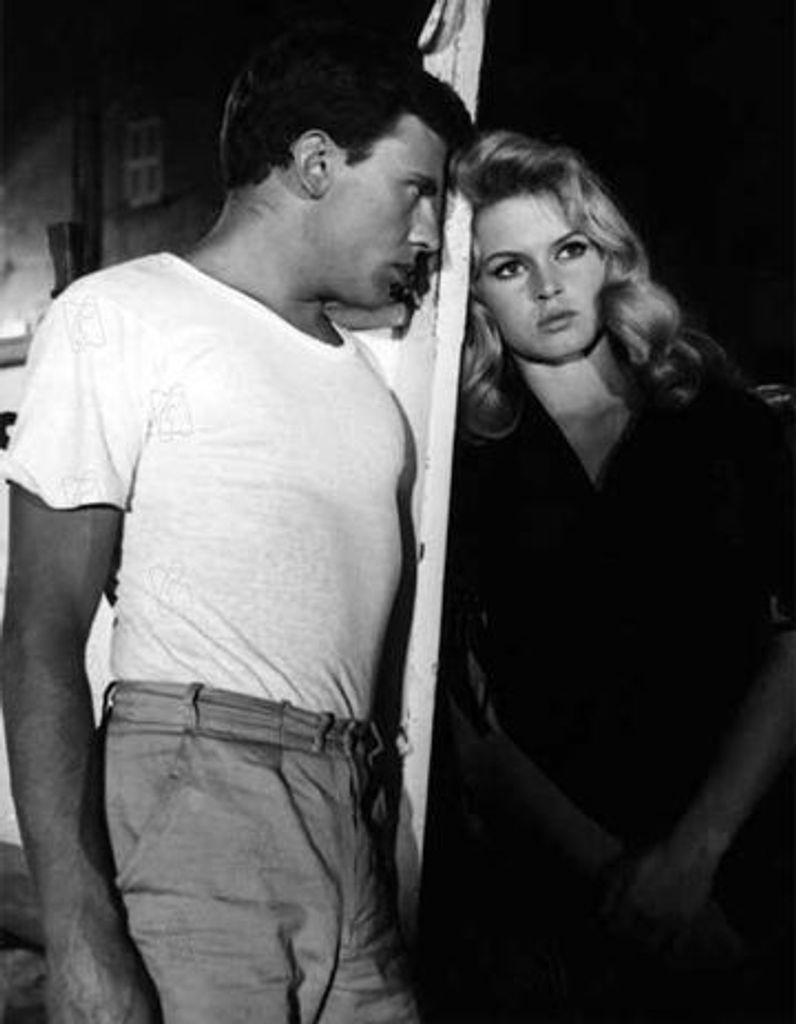
The young French actor also rose to fame thanks to And God Created Woman. It was during the filming of this movie that love blossomed between Bardot and Jean-Louis, ultimately destroying her marriage to Roger Vadim. Their romance lasted about two years, until Jean-Louis was drafted into the military — and Bardot, as always, found a new passion.
Actor Jacques Charrier
“Jacques Charrier was the brightest star in the film Les Tricheurs (1958). The movie made a strong impression and was unexpectedly successful. He became a new Gérard Philipe: charming, handsome, and educated,” Bardot recalled.
After parting with Jean-Louis Trintignant, Bardot went through two brief affairs. But in 1959, while filming Babette Goes to War, she developed deep feelings for Jacques Charrier.
“All day long on set, I saw Jacques, talked to him, had lunch with him, and filmed love scenes with him…”
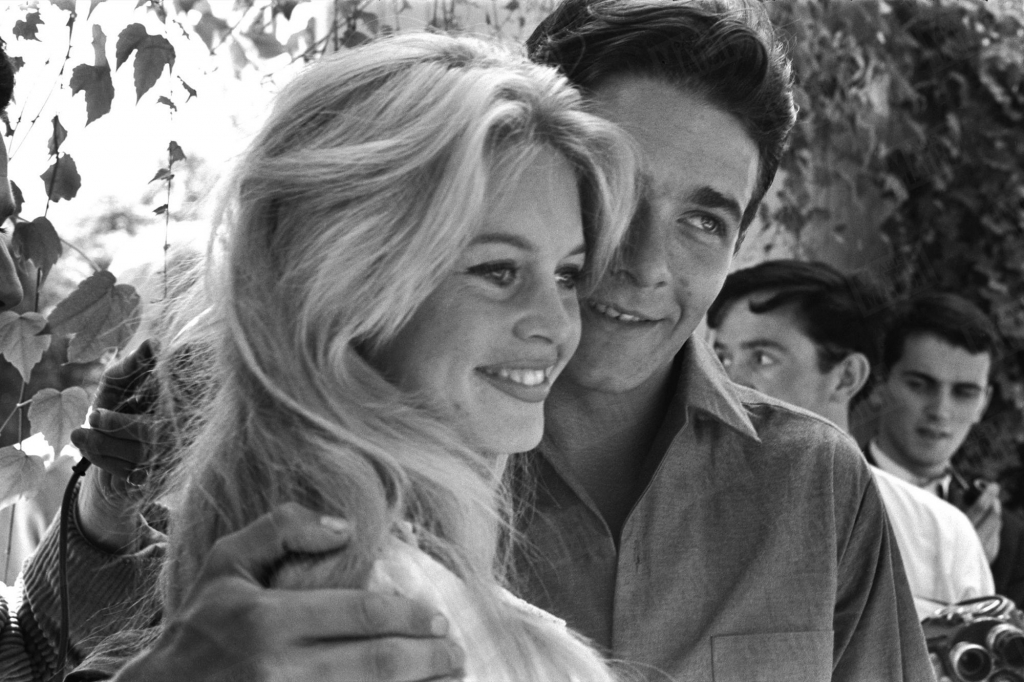
Bardot became pregnant. On June 18, 1959, they were married. This was perhaps the “blooming” period of Bardot’s life — buying a villa, escaping the paparazzi, living behind drawn curtains to protect her privacy. Shortly after their wedding, Jacques was drafted but refused to fight in Algeria, leading to severe psychological distress. His breakdown was so intense that he once attempted suicide. He grew irritable and quarrelsome with Bardot — a sign that their marriage was doomed. They divorced in 1962. Jacques was granted custody of their son — something Bardot later deeply regretted.
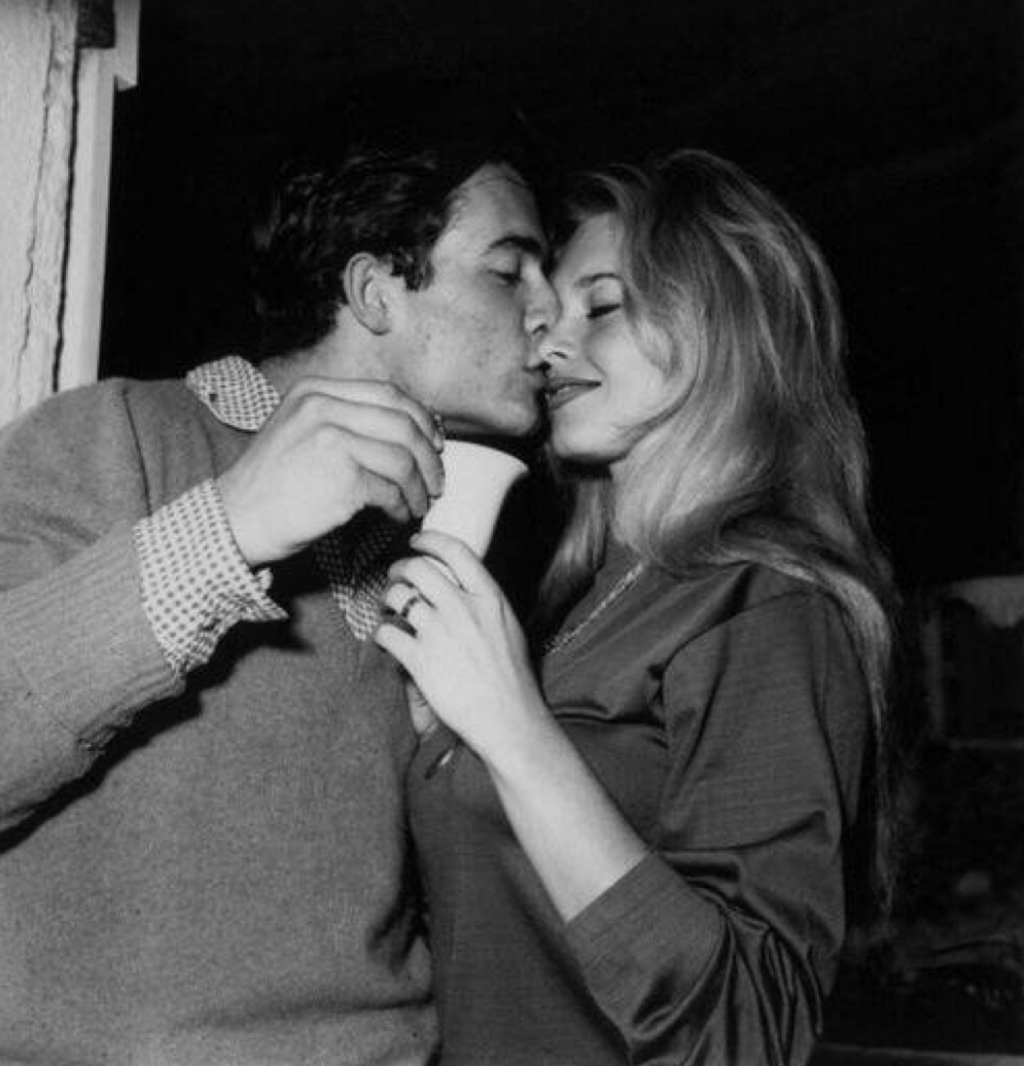
Jacques’s acting career also declined. By the early 1970s, he considered becoming a producer and eventually left cinema entirely in 1980 to devote himself to painting.
Singer and Composer Serge Gainsbourg
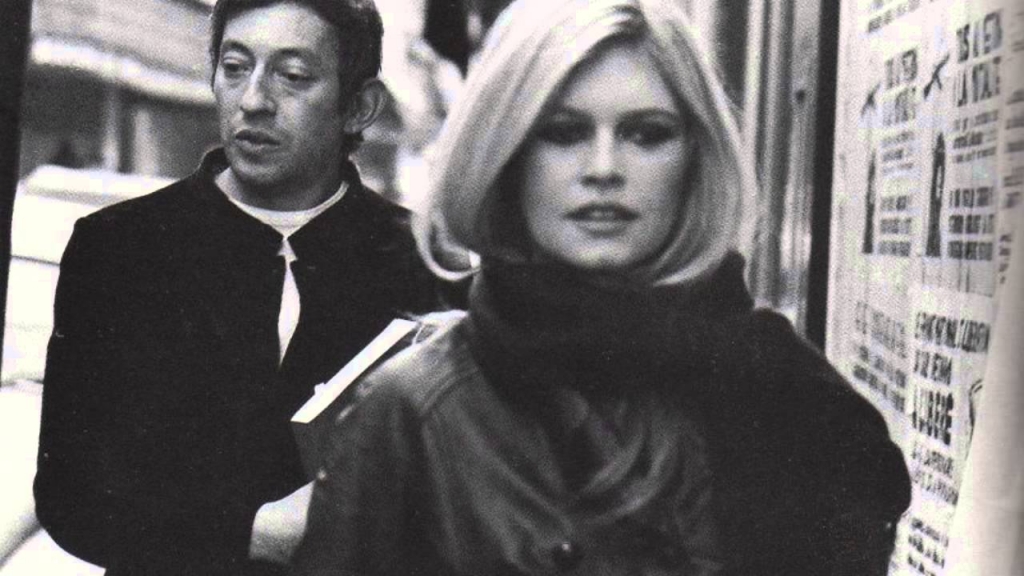
In the mid-1960s, Serge Gainsbourg was not yet famous, though he was admired in musical circles as a talented composer and singer. Bardot herself didn’t care much about his reputation. Their brief romance, however, left a significant artistic legacy. Bardot was no stranger to music — she had released an album in 1960. She met Gainsbourg in 1967 while recording his song Bonnie and Clyde. The track appeared on both her album Initiales BB and the Bonnie and Clyde single. Gainsbourg also recorded Bardot’s voice for Je t’aime… moi non plus, but she refused to release it. It was only later that Jane Birkin performed the now-iconic version of the song.
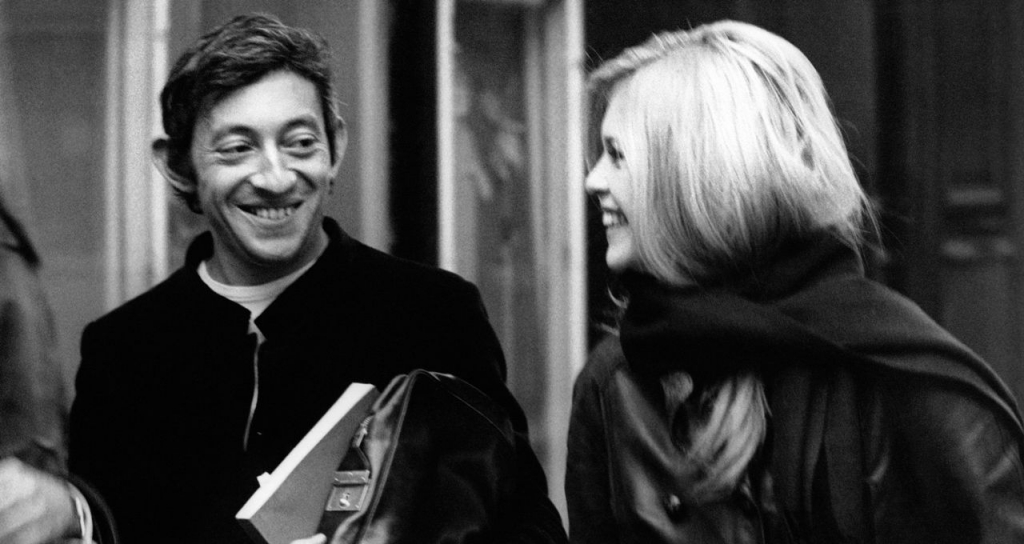
Actor Alain Delon
By the late 1960s, rumors began circulating that all of Bardot’s male co-stars were her lovers. At least in Alain Delon’s case, that was not true. The two met while filming Les Amours célèbres in 1961, in which one subplot depicted a romance between a duke’s son and a clown’s daughter. Those were difficult years for Bardot. Their second meeting came in 1968, on the set of Histoires extraordinaires. Yet on both occasions, no romantic spark ever developed between them.
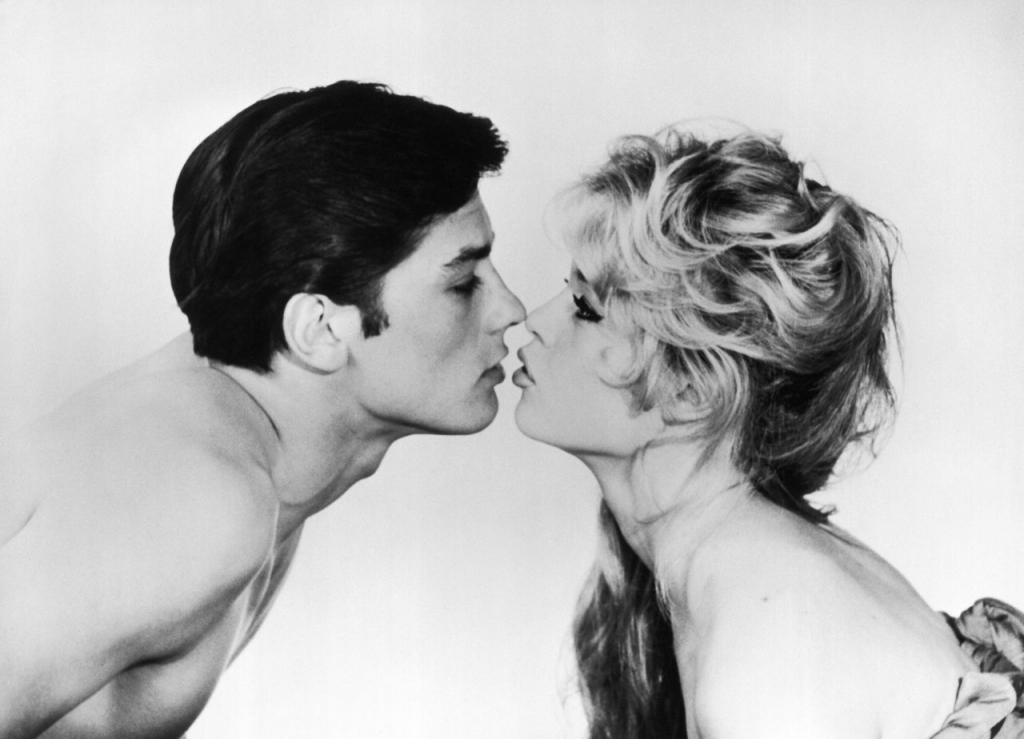
Despite this, photos of the two together fueled endless gossip about an alleged affair. In reality, Bardot felt little affection for Delon.
In her autobiography, she wrote of him:
“I acted alongside him twice. Both films failed. Clearly, the cocktail of Delon and Bardot produced no intoxication at all. Our relationship never went beyond mutual respect — nor did it ever grow warm or friendly. Being with Delon was like facing a dressing table by your bedside. That gaze, that face — utterly expressionless. They neither move you nor invite you in. In those eyes, in that face, there was no honesty, no feeling, no passion. Alain is a very cold and profoundly selfish man.”





